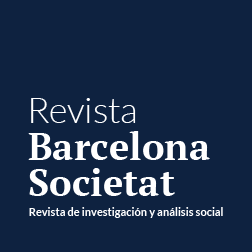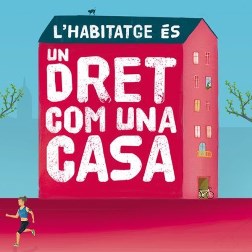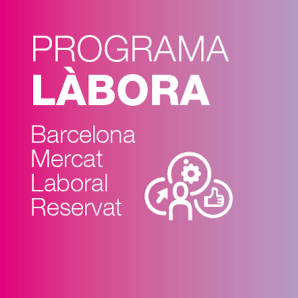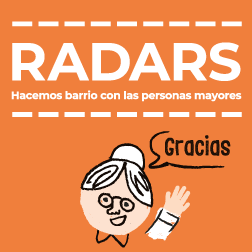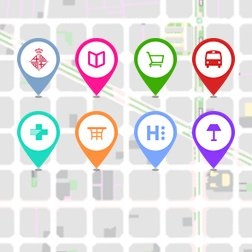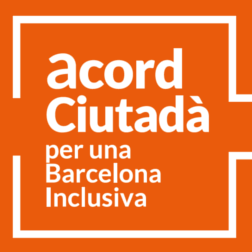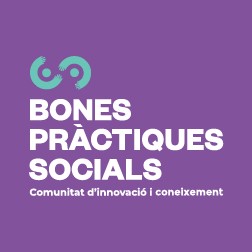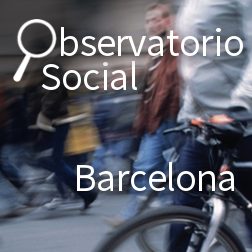Saskia Sassen says that ‘the sociability and physical contact the city offers is irreplaceable’. The city provides places where people of different social and geographical origins can meet. Places of coexistence and conflict where part of people's everyday activities and human relationships take place.
This issue of Barcelona Societat magazine is dedicated to tackling the social problems that are expressed on the streets, in squares, in parks, in stations, on beaches, etc. Most of these problems have a hidden background and they are ignored until they are manifested in areas we call public places. In Barcelona, realities such as homelessness, illegal settlements, unauthorised street hawking and begging attract the interest of public opinion when they become visible. Poverty, exclusion from the job market, the lack of housing or the perpetual administrative exclusion of many migrants are problems with structural causes, which are treated as conflicts concerning the use of public places when they emerge onto the streets.
These problems leave no one indifferent and they lead to discussions on the limits of coexistence and freedom, on the role of the administrations or on their ability to transform reality. Which players define the use of public places? What should the role of the municipal administration be? What activities put people at risk? What are the limits of social intervention?
Barcelona, a destination city as well as a city for passing through, with an economic activity that creates opportunities for living and for surviving, where it is increasingly difficult to gain access to housing, and with one of the highest population densities in the world – around 16,000 inhabitants per square kilometre – has extremely dynamic public places that are subject to a number of tensions.
We have asked various authors to reflect on and provide evidence of conflicts caused by the privatisation of urban areas, on the dynamics of criminalisation and stigmatisation of poverty, on how gender inequality is expressed in public places, on successful social intervention experiences in realities such as settlements and caring for homeless women.
Reflections which are added to what has been learnt by social intervention services in public places under Barcelona City Council's Area of Social Rights, which after two decades of experience, has become a benchmark in Europe.
An inclusive urban area is where people are not penalised because they are in an economically and socially vulnerable situation, and where it is easy for everyone to continue with their daily lives, with self-sufficiency and freedom. For this reason, this issue includes experiences and reflections concerning the role of the Administration and neighbourhoods in the transformation of public places, in avoiding commercialisation and making them friendlier for functional diversity, and making it easier for neighbours to meet and look after one another.
Laia Ortiz
Mayor of Social Rights
Barcelona City Council


